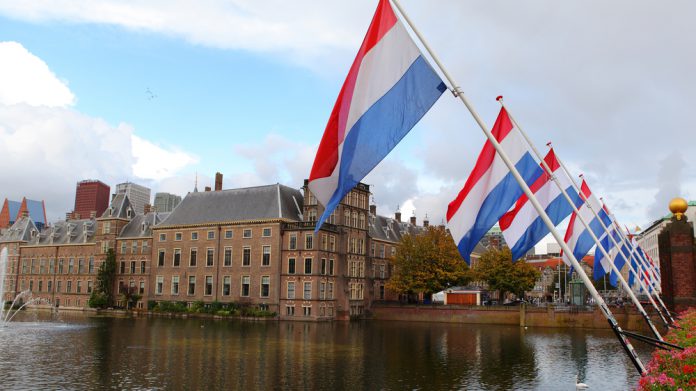The Dutch Gaming Authority, Kansspelautoriteit, has lauded 2021 as another historic year, with the group anticipating to issue approximately 35 licences ahead of the opening of its online gaming market later in the year.
The KSA will start processing applications for an online gambling licence from April 1, after the Dutch Senate adopted the Remote Gambling Bill, thereby giving the go-ahead for the legalisation and regulation of online games of chance, a little over two years ago.
René Jansen, chairman of the KSA, says that 2019 was a “historic year” for the country’s gambling ecosystem, ahead of the market opening on October 1 for parties that succeed in obtaining a license.
“This method has been chosen to create a level playing field at the market opening. At least, this applies to providers who behaved ‘neatly’ in the past, that is to say that they did not specifically target the Dutch consumer with their range of games of chance,” Jansen explained.
“The parties that did, for example by using the Dutch language on their website or accepting a Dutch payment method such as iDEAL, have to wait. This was a specific wish of Dutch politicians, which will of course be fulfilled.”
With much of the preparation for market opening commencing in 2020, including requirements for advertising, recruitment, and responsible gambling, the new law, says Jansen, represents a modernization of policy.
“The Games of Chance Act, our current legal framework, dates from 1964. There was no question of digitization at the time. It was therefore high time for the Remote Gambling Act (Koa), which in fact supplements and changes the current law,” he added.
Anticipating the issuance of 35 online gaming licenses, to mostly international operators, the Dutch regulator has also once again underscored the importance of its ‘Play Safe’ mantra.
“Ultimately, our work revolves around the interests of the player, of the consumer. A fair market remains an important objective, but is above all a means to allow consumers to play safely,” Jansen commented.
The law contains an extensive package of measures to prevent gambling addiction, combat gambling-related fraud and crime, impose stricter restrictions on advertising and protect players.
From the aforementioned date of the market opening, both country-specific providers and online counterparts must be affiliated with CRUKS, the Netherlands’ new gambling self-exclusion scheme which the KSA must be granted access to so that remote supervision can be carried out.













